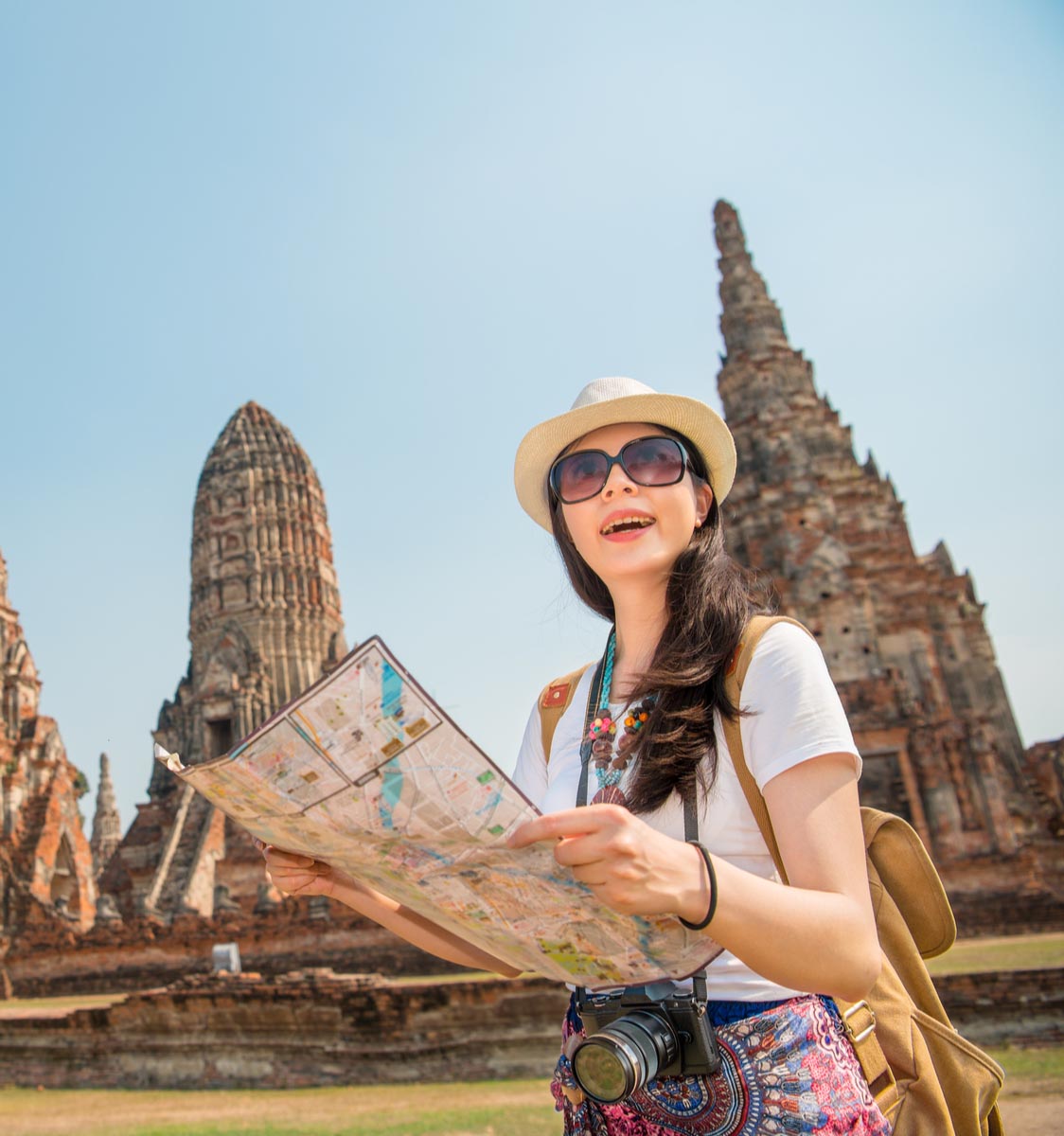FAQ’S
FAQ’S about Vietnam
1. Is this safe to travel in Vietnam?2. Do I need to take vaccination before travelling to Vietnam?
3. Custom Regulation?
Entering Vietnam, passengers are expected to declare:
- Cameras, camcorders and other electronic equipment not for personal use
- Jewelry not for personal use.
- Currency over USD 3,000
- Video tapes (they may be kept for a few days and screened).
Upon completion of this process, the Customs Declaration forms will be stamped with one retained by the Custom Declaration and a yellow copy returned to the visitor to be submitted upon departure. Don’t lose it!
Firearms, narcotics and other internationally prohibited goods are banned and those found in possession of such will be liable to prosecution.
Duty-Free Items: Visitors may import 200 cigarettes, 50 cigars or 250g of tobacco, 1 liter of wine, 1 liter of liquor and an unlimited amount of film. Commercial goods and items of high value being taken out of Vietnam require export permits from the Customs Service. Antiques may be confiscated permanently. No local currency may be taken out of the country.
In Vietnam the local currency is the Vietnamese Dong (VND), which has a variety of notes ranging from 200 all the way to the 500,000 note. However the main notes are the 10,000 – 20,000 – 50,000 – 100,000, 200,000 and the 500,000. Please take care with 20,000 and 500,000 notes since they are both blue and can cause some confusion (and not everyone is honest enough to give you the right change).We recommend that you keep your 500,000 notes separate from your 20,000 and other VND notes to avoid confusion and loss of money. The US Dollar is widely accepted at major shops and restaurants throughout Vietnam, though the exchange rate chosen may often vary from the official one, making it more costly than VND. It is, however, very easy to exchange at banks, hotels and other exchanges throughout the country. The British Pound, the Euro and various other major currencies are also easily exchanged for VND. When exchanging your home currency for VND, ensure that your notes are undamaged, banks and exchanges wont accept notes which are torn, very crumpled, or have writing on them. Similarly, also make sure the VND that you receive is not damaged. The exchange rates fluctuate a lot, however the approximate rates can be viewed at:http://www.xe.com/currency/vnd-vietnamese-dong. ATM machines are now readily available throughout most cities and resorts. However, its still highly recommended that you always have some local currency with you. Visa and Master card are now becoming more accepted in many of the larger hotels and restaurants, especially in the bigger cities, the surcharge is usually around 3%.
5. What are the banned materials?
Vietnam has strict laws on bringing in anti-government literature, pornography, firearmsand weapons. CDs and tapes are often retained for screening, but will be returned after a few days. It is illegal to remove antiques from Vietnam. When buying handicrafts, especially those that look old, ask the retailer for a receipt and a declaration that the item may be exported.

